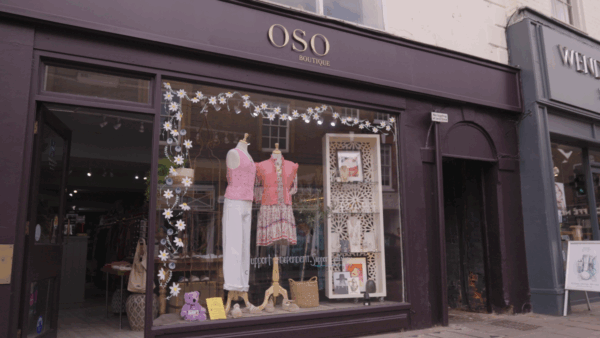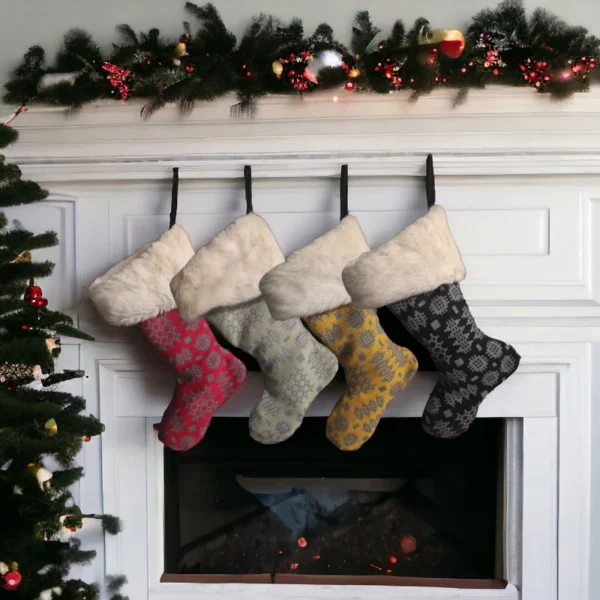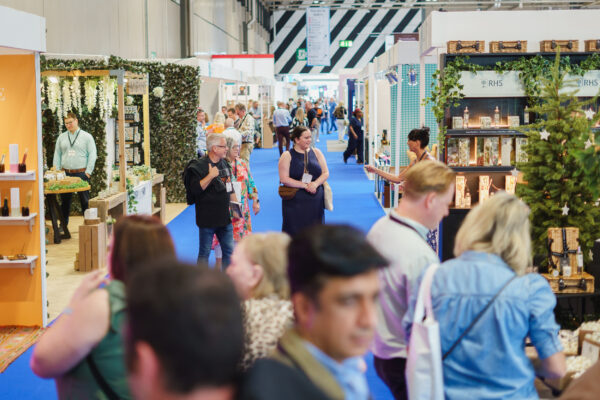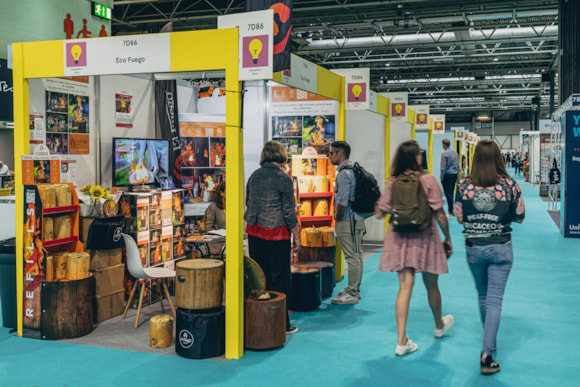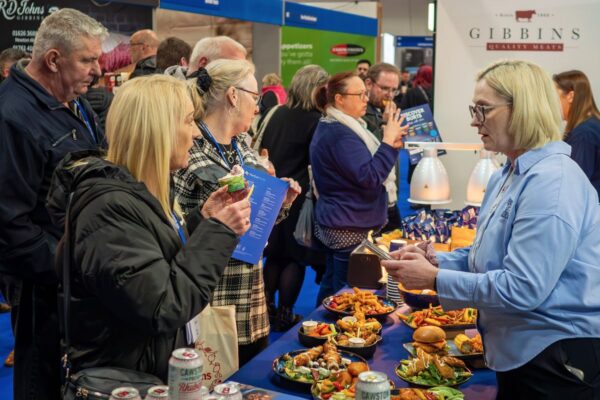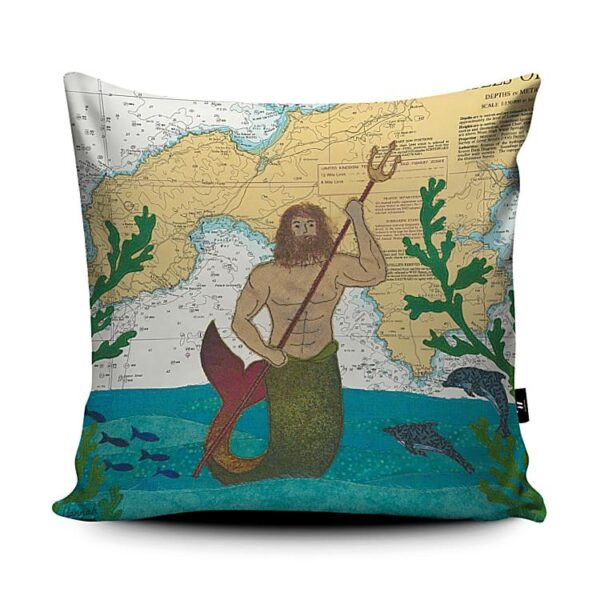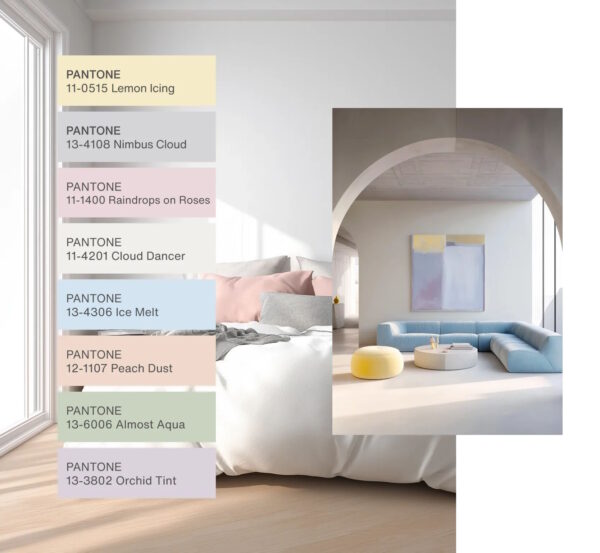 Alan Monahan writes: Of late, to borrow a line from The Fast Show, I’ve been mostly watching the World Cup … in my study, while working at the same time of course. Yes, contrary to popular belief, men are more than capable of multi-tasking, especially where sport is involved.
Alan Monahan writes: Of late, to borrow a line from The Fast Show, I’ve been mostly watching the World Cup … in my study, while working at the same time of course. Yes, contrary to popular belief, men are more than capable of multi-tasking, especially where sport is involved.
Such acts of decadence are among the few perks I enjoy as a self-employed person. I must confess that I felt more than a little smug when I imagined fans in offices, factories and retail outlets up and down the country desperate for their fix of live football and trying to find out the latest scores as I sat in the comfort of my own home with a cup of coffee in one hand and an eye on the box.
But my sense of schadenfreude rapidly disappeared when I heard that firms were being urged by the TUC to be flexible with requests to watch games during the tournament.
Managers should allow people to work from home, start early or late or even provide a TV on company premises to show matches, according to the unions group.
What do you make of that? It surely couldn’t work in retail. Picture the scene: you’re in a shop queue and the salesperson announces: ‘I’ll be with you in a minute: I just want to see if Kane scores from this free kick.’
But seriously, a lot of money is going to be made over the coming weeks as a result of World Cup fever.
 Even before things got underway, retail analyst NPD Group said that £11m had already been spent in the UK on football and Fifa World Cup-themed toys, stickers and card games.
Even before things got underway, retail analyst NPD Group said that £11m had already been spent in the UK on football and Fifa World Cup-themed toys, stickers and card games.
And according to statistics portal Statista, British residents are expected to fork out a total of £83m on souvenirs during the tournament group stages, with the figure rising to £155m if England reach the final.
I doubt that many Three Lions’ badges, mugs and pennants will make their way north of the border: I’m sure most Scots were cheering on Tunisia and Panama when they lost to England. Where football is concerned, fans have tribal loyalties and on such occasions we are anything but a united kingdom.
But I digress. Food and drink retailers are set to be the big World Cup winners, pulling in £819m initially, with the projection that his would soar to £1.1bn if Gareth Southgate and his team got through the early matches, which they have. Other forecasts: TV/electrical £302m, rising to £431 if England are finalists; sportswear £289m (£463m); and gardens/BBQ £44m (£62m).
I do hope that some retailers among you will benefit from this footie fest and don’t end up fighting your partner for the TV remote over the next few weeks.
Meanwhile, day to day life in our industry continues to be challenging, although I’m happy to report that retail sales outstripped expectations in May.
 The royal wedding and warm weather helped to move clothing, sporting goods and garden items, and supermarkets reported higher spending on food and drink. Sales volumes rose by 1.3% compared to a month earlier, according to the Office for National Statistics.
The royal wedding and warm weather helped to move clothing, sporting goods and garden items, and supermarkets reported higher spending on food and drink. Sales volumes rose by 1.3% compared to a month earlier, according to the Office for National Statistics.
Call me a Dismal Jimmy, but I still worry about small independent gift and greeting card shops and can only hope that they soon begin to feel the benefit of rising wages and a fall in inflation.
Although there was a marginal rise in footfall across our high streets and out-of-town shopping areas last month, it wasn’t enough to overcome the trend of declining visits to physical stores.
Diane Wehrle of retail intelligence firm Springboard believes the improvement in footfall to -0.4% from a drop of -3.3% the previous month was in part likely to be a consequence of shopping trips being deferred from April when the weather continued to be cold and wet.
It might also suggest consumer demand resulting from the two May bank holidays which anchored the month at both ends, although in reality footfall actually declined in both bank holiday weeks, reflecting a long term trend identified by Springboard of the lessening in importance of public holidays for retail.
 Wehrle says that the greater truth is that with footfall post 5pm continuing to outperform activity during retail trading hours the overriding characteristic of consumer behaviour is firmly one of ‘experience over product’, leaving the onus on retailers to better exploit a reduced store customer base in order to drive sales growth.
Wehrle says that the greater truth is that with footfall post 5pm continuing to outperform activity during retail trading hours the overriding characteristic of consumer behaviour is firmly one of ‘experience over product’, leaving the onus on retailers to better exploit a reduced store customer base in order to drive sales growth.
If knowledge is power, then the Retail and Leisure Trends Report 2017/18 is a ‘must read’ (www.localdatacompany.com). It’s far too long to cover here, but a quote within it from Malcolm Watts, finance director of the Folli Folli Group, bears repetition:
‘Most people already have enough ‘stuff’ and want for nothing, so it becomes more and more important to stay relevant and desirable in the ever increasingly busy marketplace.
‘Unfortunately CVAs, pre-packs, and administrations will most likely remain commonplace over the next couple of years as established retailers struggle to tackle legacy estates of old upward only leases in declining locations. New entrants to retail have the advantage of being able to pick and choose prime locations when they become available.
‘Also, as we’ve seen more foreign retailers finding the UK an easy market to enter, including Australian stationers and European genera stores, this will continue. We have yet to see a huge influx from Asia, but with the growth of Alibaba, I’m sure it’s only a matter of time before we see more smaller retail chains coming our way.
‘And with the looming uncertainty of Brexit and undoubtedly other curved balls to follow, the shaky economy won’t do any favours for retailers, so be ready with a plan B.’






